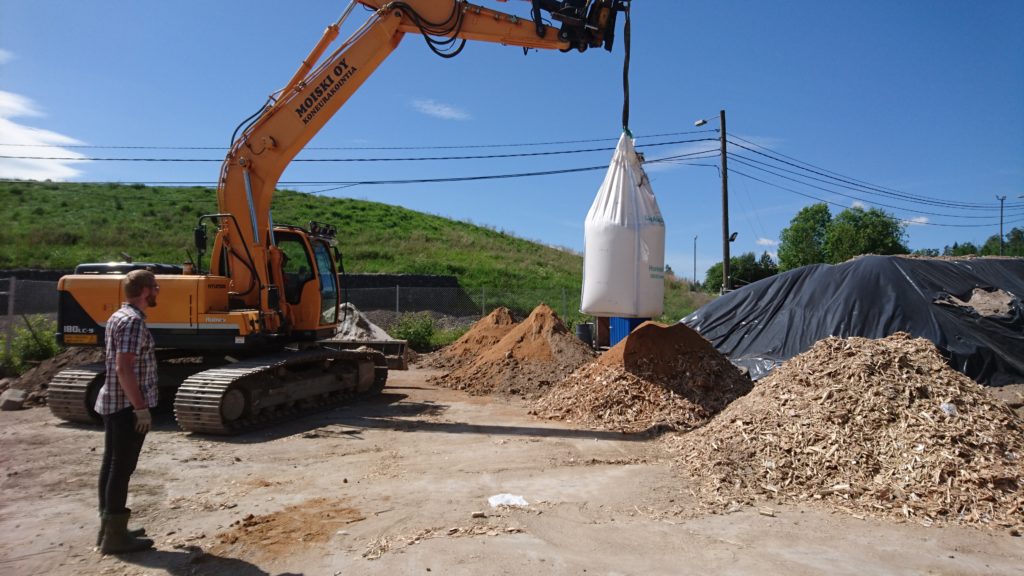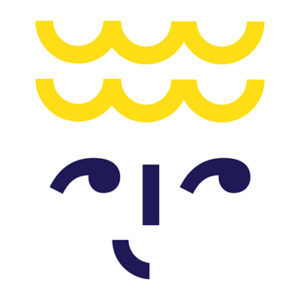Alongside with partners from France, Italy, Hungary, and Greece, the Regional Council of Päijät-Häme and University of Helsinki take part in 1.3 million € Interreg EU project TANIA (TreAting contamination through NanoremedIAtion), which aims to support wide and effective application of novel remediation methods of contaminated soil and water by improving ERDF policy instrument.
During the first two years of TANIA, the improvement of ERDF and introduction of novel remediation methods at regional level has been facilitated by the exchange of good practices between the regional stakeholders and TANIA partners. Now the frameworks are created and TANIA has culminated to a contemplation and execution of an Action Plan in which TANIA partners and stakeholders take actual measures to guarantee more and better funding for novel remediation methods through ERDF, coordinate governance models, and define evaluation criteria.
In Päijät-Häme, TANIA Action Plan is being developed in close co-operation with regional stakeholders. The Action Plan improves ERDF through a new ERDF funded project, which is believed to benefit regional businesses and authorities working with remediation. In the new project University of Helsinki, Lahti Region Development, and Lahti University of Applied Sciences increase the know-how of remediation and promote the creation and development of remediation business in Päijät-Häme region by mapping the bottlenecks of bureaucracy concerning remediation and piloting and introducing a new remediation technique.
The new project, as well as TANIA, revolves strongly around regional businesses and authorities working with remediation. One of the companies actively involved in TANIA project is Remsoil, which patented soil remediation method degrades the contaminants in soil by stimulating the soil’s own microbial activity. Jan Hainari-Maula, CEO of the company, sees many positive aspects in TANIA project since knowledge exchange on novel remediation technologies as well as networking and participation in possible new projects may support their business. Mr. Hainari-Maula feels that due to the new project more practical information of nanoremediation technologies would be available in the area that would be useful for companies like Remsoil and allow them to use nanoremediation technologies in the future.
Follow the progress of the TANIA project at https://www.interregeurope.eu/tania/ Have a look at good practices from five European countries concerning novel (nano)remediation technologies of contaminated soils and waters.



